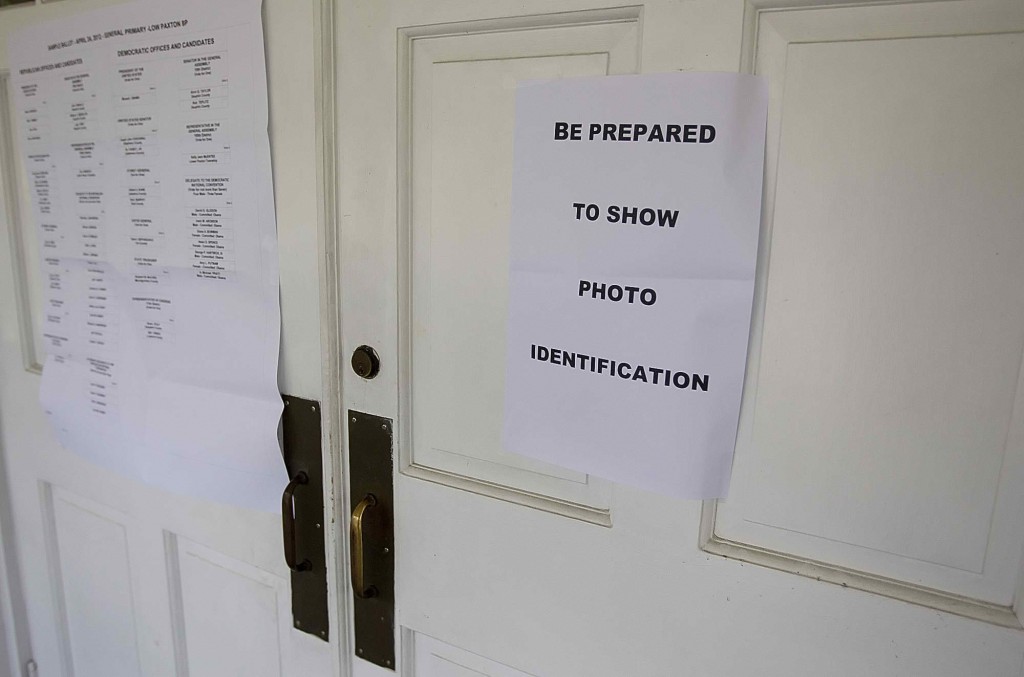Pennsylvania Closed Primary Shuts Out a Million Voters

In recent months, the mainstream and alternative media have devoted a significant amount of attention on voter suppression and new voter identification laws that have been proposed in states across the country. Proponents argue that these new laws are necessary to prevent voter fraud while critics maintain that voter fraud is relatively rare and that the new laws will result in the suppression of voter turnout and disenfranchise eligible citizens who, for whatever reason, to not possess the appropriate documentation. Yet, on the issue of voter suppression, new identification requirements pale in comparison with the routine disenfranchisement of political Independents.
Consider the case of Pennsylvania. In the state's closed partisan primary, which took place last week, elections officials and poll workers were responsible for the hurried implementation of voter identification legislation that passed into law just last month. On primary day, some effort was made to record the percentage of would-be voters who lacked the required papers, and when those reports are released observers will have a more precise understanding of how many individuals might be prevented from voting in future elections due to the new laws. (In the “soft roll out” of the new regulations on primary day, no voters were turned away for lack of identification.)
It is safe to say, however, that the number of voters who would have been prevented from voting in Pennsylvania's primary due to lack of proper identification is dwarfed by the number who were disenfranchised by the state's closed primary system. In the Keystone State there are just over 8.2 million registered voters. Of these, 4.1 million are registered Democrats, just over 3 million are enrolled as Republicans, and over 1 million have no party affiliation or are registered with a minor party. In a closed primary, only voters registered with a given party may cast a ballot in that party's primary election. Thus, voters who refuse to register a party affiliation are prohibited by law from participating in the first round of voting. In Pennsylvania, that means over 1 million eligible voters were prevented from having a saying in the first round of voting.
In last week's primary elections in Pennsylvania, just 1 in 5 eligible voters bothered to cast a ballot, for a turnout of just 20%, though all of the state's tax payers had to foot the bill for the partisan charade. Today, when there are more Independents than there are Democrats or Republicans in the United States, the partisan primary system is simply no longer tenable. Of course, this does not particularly bother the supporters of the Republican and Democratic parties. Since voters are forced to register with a party if they want to vote in the primaries, the system inflates the apparent levels of support for the Democratic and Republican party machines. Furthermore, prohibiting principled Independents from casting a ballot and participating in the election allows the parties to more tightly control the electoral process.
There are over twenty states in which Independents are prohibited from participating in primary elections. This will not change until Independents themselves force the issue. In Pennsylvania, a group called Independent Pennsylvanians has been calling for open primaries in the state for a number of years. They have succeeded in finding a small level of support for an alternative primary process in the state legislature, but, as with so many proposals that might have a positive effect on our electoral system, the bills have been prevented from seeing the light of day by party leadership in the relevant committees.
Independent Pennsylvanians in a state affiliate of IndependentVoting.org, which is currently engaged in a citizens' lobbying campaign to demand Congressional hearings on the second class status of Independent voters in the United States. Through a nationally coordinated effort, Independents can help pressure state and local lawmakers across the country to implement rational reforms to our electoral system at all levels of government. What are we waiting for?



